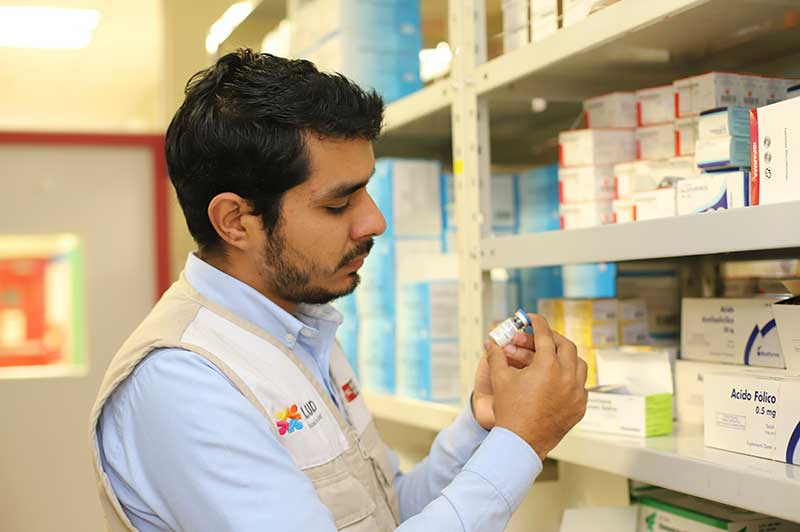- June 30, 2025
Welcome to Algomatch Care elderly home care services




Why Medication Management Services Have Never Mattered More
You or a family member are managing five medications each day. one for high blood pressure, another for diabetes, and possibly even a couple more for cholesterol or pain.
Now, add a few supplements, and suddenly, the routine seems oppressive. Did you swallow the blue pill this morning? And what about that half-dose tablet on Tuesdays?
You’re not alone. Millions struggle with being on time, and messing up could have serious health consequences, such as a hospital visit. That’s where medication management comes in not as a luxury but as an essential support system for safer, healthier living.
We’ll explore medication management services, why they’re crucial, how they work, and how they can transform lives including yours.
What Exactly is Medication Management?
Medication management services (MMS) are a body of professional healthcare services intended to support and optimize the use of medications for patients, aiming to achieve the best therapeutic outcomes. Such services are commonly carried out by a pharmacist, a nurse, or a doctor and can encompass the following:
MMS: Not just for the old! Those with numerous prescriptions, chronic illnesses, or convoluted treatment plans stand to gain.
Importance of Medication Management
It may look simple to take medication, but the data shows that almost 50% of patients are not taking their medicines according to their schedules. The potential consequences are terrifying:
This process of bridging the need with the solution of optimal medication management is through:
What Are Medication Management Services?
Such services typically start with a CMR. The process generally works like this:
1. Initial Assessment
Please provide a list of all your medicines, including prescription and over-the-counter medicines and vitamins or supplements.
2. Medication Reconciliation
They check drugs between two or more healthcare providers so there aren’t any duplicates or dangerous drug interactions.
3. Personalized Plan Development
An appropriate, personalized plan is recommended, considering health, lifestyle, and medical objectives.
4. Education & Support
Patients receive simple instructions for when and how to take their medications, as well as warnings about side effects and dietary restrictions.
5. Continual Monitoring and Adjusting
Frequent check-ups help ensure that medication still addresses the patient’s evolving condition.
Who Will Be Administering Medication Management Services?
Did you know that MMS is available from:
These professionals often cooperate to obtain a comprehensive and safe drug plan.
Impactful Medication Management In Practice
Out on the street and in the sales process, let’s look at a few ways this could play out:
Case 1: Mrs. Johnson, 78
She recently returned home from the hospital after a stroke. She now has medications, seven in all. A visiting nurse observed her confusion and discovered she was taking a double dose of two drugs.
Once she signed up for an at-home MMS course, her routine was simplified, and the nurse created a pill organizer. A month later, her blood pressure returned to normal.
Case 2: Mike, 45
Mike has Type 2 diabetes alongside hypertension. He would often forget his afternoon pill. Mr. Livingstone now receives reminders and logs every dose through a digital MMS app. His HbA1c and BP have both improved markedly.
Digitalizing medication adherence: Where health meets high-tech
Thanks to today’s technology, medication management has now gone digital. Tools include:
These advances encourage compliance and provide real-time information to the physician.
Advantages of Medication Management Solutions
Here is what patients and caregivers get out of MMS:
Dispelling Common Myths About Medication Management
“It’s only for the elderly.”
Nope! Anyone who’s trying to keep a lot of different medications or diagnoses straight can benefit.
“Google’s good enough for me.”
The internet is helpful, but a professional can confirm safety only by confirming curacy.
“It’s too expensive.”
Many insurance plans and Medicare cover MMS. It can also lower the price of a range of medical procedures that do not require a hospital visit.
Medication Management Services: Frequently Asked Questions
Q1: Does insurance pay for medication management?
Yes. MMS is widely covered by Medicare plans and private insurance, particularly for chronic conditions.
Q2: What should I do if I need help managing my medications?
If you’re on more than three medications or suffering from chronic conditions like diabetes, asthma, and heart disease, MMS could be for you.
Q3: Can I access these services remotely?
Absolutely, Many of our providers also offer telehealth consultations and app-based management.
Q4: Who do I contact to access medication management services?
Begin with your primary care provider or a pharmacist in your community. They can direct you to the most appropriate program or service.
Q5: Is this like a pill organizer or reminder app?
Not exactly,While those tools are good, MMS includes individual professional supervision, so it’s much broader than that.
Conclusion: Act Now to Protect Your Health
Taking charge of your medications doesn’t have to be stressful or risky. There are more reasons than just organizations to secure professional medication management services. You enjoy safety, clarity, and health control.
Your health deserves it. Your peace of mind depends on it.
Ready to take control of your medications?
Talk to your healthcare provider or explore trusted digital MMS platforms. It’s time to make your health a priority.